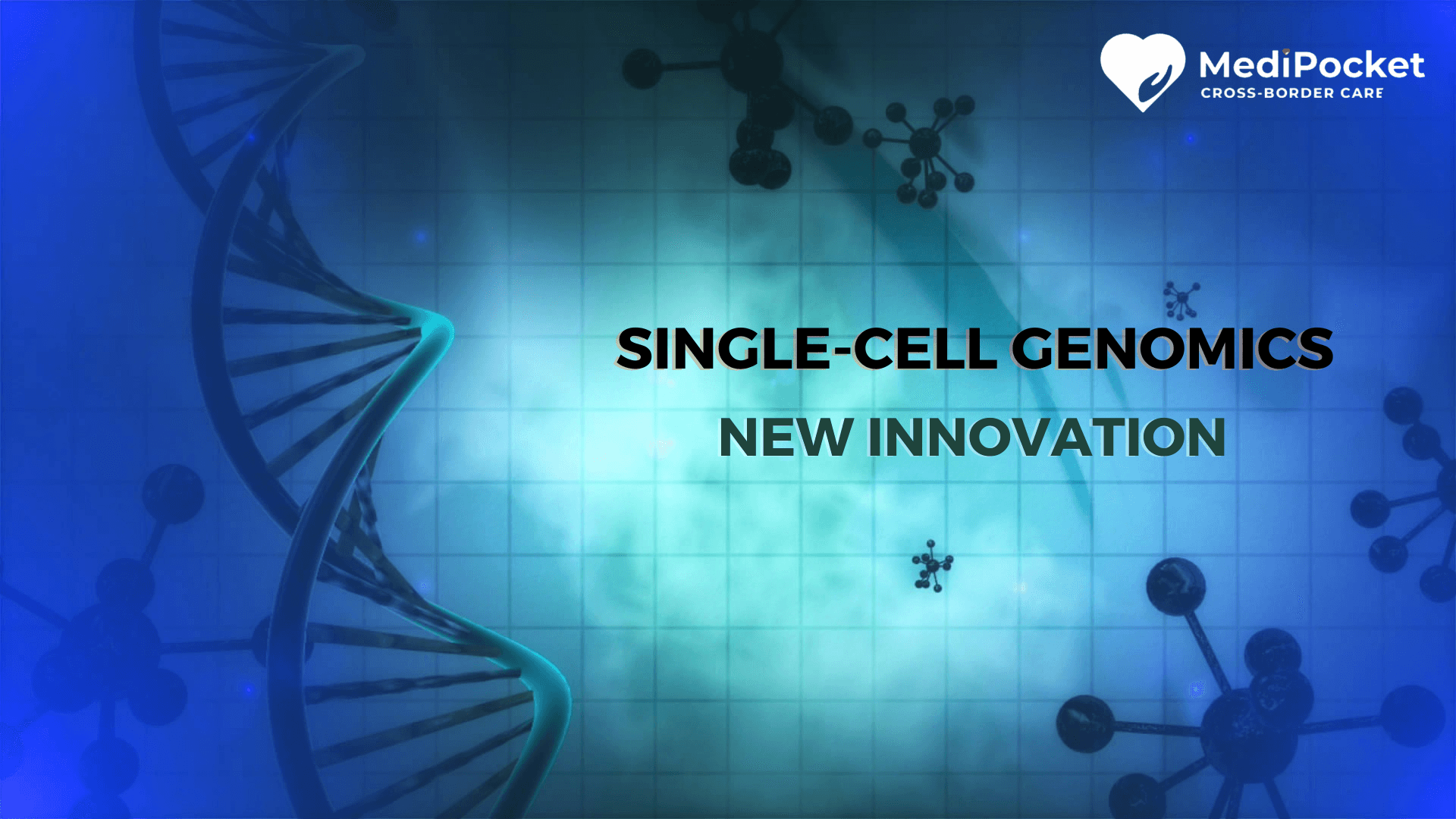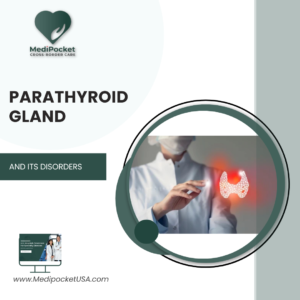Single-cell genomics is transforming how scientists explore the living world. Instead of examining large groups of cells together, researchers can now study each cell individually—revealing how it behaves, responds to treatment, and changes in disease. This powerful approach is reshaping biology, medicine, and even environmental science. Supported by artificial intelligence, it is unlocking insights that could lead to earlier diagnoses, highly personalized treatments, and a deeper understanding of how living systems work.
Zooming in on Life’s Hidden Details
For decades, biology focused on groups of cells—tissues, organs, and entire systems. But single-cell genomics has given science a sharper lens. Researchers can now “zoom in” to observe how every single cell functions on its own. It’s like moving from a blurry group photo to a high-resolution portrait where every individual stands out.
This deeper view is changing how we think about evolution, disease, and health. By focusing on the smallest building blocks of life, scientists can uncover patterns that were once invisible.

From Cell Clusters to Individual Voices
This groundbreaking field begins with a process known as single-cell library preparation. It may sound technical, but it simply means preparing each cell so that its genetic material can be studied independently.
In the past, when cells were studied in groups, subtle but crucial differences often went unnoticed. Now, each cell can “speak” for itself—revealing how it reacts to stress, aging, and illness.
With single-cell genomics, biology has evolved from studying broad patterns to capturing fine-grained details. Each cell tells a unique story, and together, these stories reveal new dimensions of how the body functions.
Catching the Quietest Signals
In traditional research, signals from individual cells often got lost in the crowd. But single-cell genomics allows scientists to detect those faint signals and see how one cell might behave completely differently from its neighbor.
For example, one cell might respond well to a treatment, while another resists it. By analyzing these differences, researchers can design therapies that target the right cells and improve success rates. This approach also helps predict how diseases spread, why some patients recover faster, and how resistance to drugs develops.
Small cellular changes—once impossible to detect—are now providing big answers to health challenges.
Redefining Research and Discovery
This shift from averages to individual behavior is revolutionizing how laboratories operate. Scientists no longer need to assume that all cells act alike—they can now test and prove it.
That level of detail gives biotech companies and universities new power to create precision-based treatments. By mapping each cell’s journey, single-cell genomics provides a timeline of how diseases develop and evolve.
It’s not just about discovery anymore—it’s about precision. Every insight adds clarity to how cells interact, transform, and contribute to the bigger picture of health and disease.
AI: The Engine Behind the Data

Each single-cell study generates enormous amounts of data. Thousands, sometimes millions, of cells are analyzed, each with its own genetic signature. Organizing and interpreting that data manually would be nearly impossible.
That’s where artificial intelligence comes in. AI algorithms help researchers process and interpret the vast information from single-cell genomics, uncovering patterns that humans might miss. They can predict how certain genes behave, identify disease pathways, and accelerate discovery.
The more data scientists feed into these systems, the more accurate and efficient they become—reducing trial and error and speeding up medical innovation.
The Future of Health and Personalized Medicine
The impact of single-cell genomics extends far beyond the research lab. It’s paving the way for personalized medicine—where doctors could one day tailor treatments to the exact genetic makeup of each patient’s cells.
Instead of guessing which therapy might work, physicians will use genomic insights to make data-driven decisions. This approach also enables earlier disease detection—spotting cellular warning signs before symptoms appear.
Such breakthroughs could redefine how chronic diseases are managed, reduce side effects, and significantly improve recovery outcomes.
The Next Frontier in Genomics
Though still an emerging field, single-cell genomics is already rewriting biology textbooks. Each new study adds to a clearer, more detailed picture of life. The focus now is on making the process faster, more affordable, and more accessible.
As technology advances, what began as a specialized lab technique will soon influence everyday clinical care. The ability to understand disease and health one cell at a time could soon become standard practice across medicine.
Science is moving toward precision—toward listening to the smallest components of life. Each discovery brings us closer to understanding the language of our cells and how we can harness it to improve the world.
Conclusion
Single-cell genomics gives us the power to study life with unmatched precision. By examining individual cells instead of averages, researchers are uncovering how diseases begin, progress, and respond to treatment. This technology opens the door to earlier diagnosis, more accurate therapies, and a future of truly personalized medicine.
Beyond healthcare, its influence spans agriculture, environment, and aging research—proving that the future of biology depends on understanding life at its smallest scale. With AI accelerating discovery and technology making analysis faster than ever, single-cell genomics stands at the heart of a new scientific era. One cell at a time, it’s helping us reveal life’s deepest truths—and shaping the next generation of healthcare innovation.









